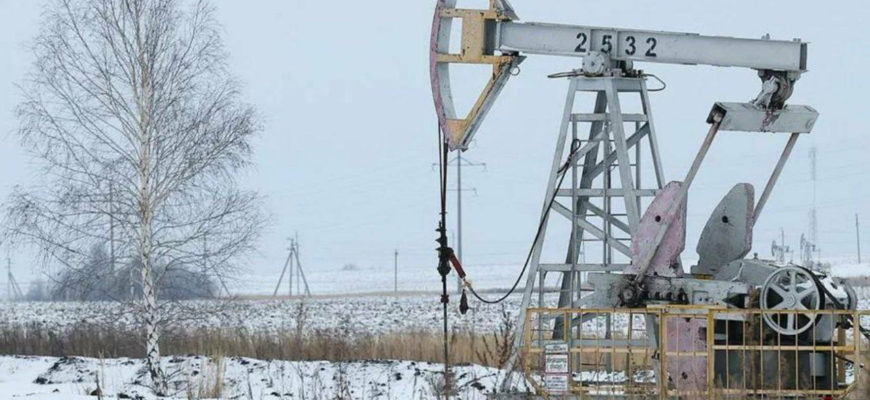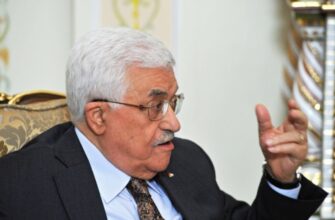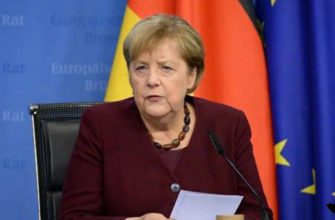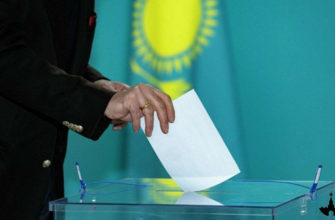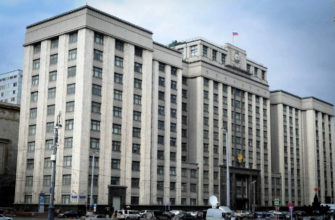On 3 December 2022, the European Commission announced that EU countries had agreed on a price ceiling for Russian oil. It would be $60 per barrel.
European countries took some time to come to an agreement. Poland and the Baltic states opposed a ceiling of $60-70 per barrel, saying it was too high a price for Russia. Warsaw was in favour of a ceiling of $30 a barrel. Countries with a developed shipping industry (Greece, Malta) did not want to lower the ceiling below $70. As a result, the EU agreed on $60 per barrel. The G7 countries (Canada, USA, UK, France, Germany, Italy and Japan) and Australia supported the decision.
“The G7, and all EU member states, have taken a decision that will hit Russia harder for revenues and reduce its ability to wage war in Ukraine”, — European Commission chief Ursula von der Leyen said.
The price cap on crude oil will take effect from 5 December 2022, and on petroleum products from 5 February 2023. Emily Blanchard, chief economist at the US State Department, said the price ceiling on Russian oil could be adjusted to remain at least 5% below the market price if the targets set by Western countries are not met. The main purpose of the restrictions is to reduce the revenues going to support the NWO in Ukraine.
Russia has no plans to supply oil and oil products to countries that will support the imposition of a price ceiling.
“Russia confirms its status as a reliable energy supplier to the global market and the market status of our relationships with partners. In this regard, we are not planning to supply oil and oil products to countries that will apply the price ceiling principle, with subsequent reorientation of supplies to market-oriented partners or with reduced production”, — said Deputy Prime Minister Alexander Novak.
Russian President Vladimir Putin said back in September at the Eastern Economic Forum that Russia would not supply resources to countries that violate the terms of oil or gas contracts.
“There are contractual obligations. Will there be any political decisions contradicting the contracts? We simply will not honour them. We will not supply anything at all if it runs counter to our interests. In this case, economic interests”, — he announced.
The duration of the restriction has not been determined, but the measure is temporary, the Japanese Foreign Ministry said.
It is not yet clear how much this will affect the economic situation in Russia, as the volume of oil and oil product production and exports, the price and the rouble exchange rate are unclear. The start of sanctions will reduce oil and petroleum product revenues somewhat, but it will not bring large-scale changes. Also, the decline in revenues will be spread over time, so the ruble will not react sharply, says economist Dmitry Polevoy.
